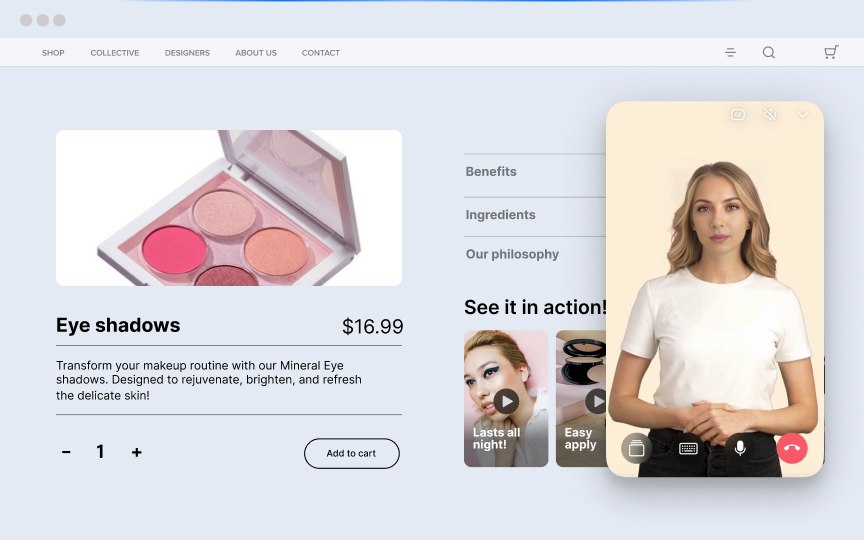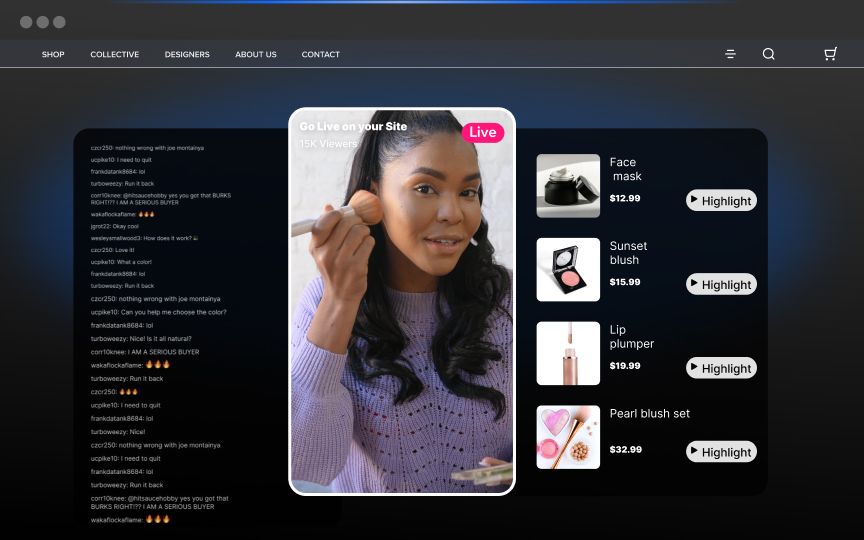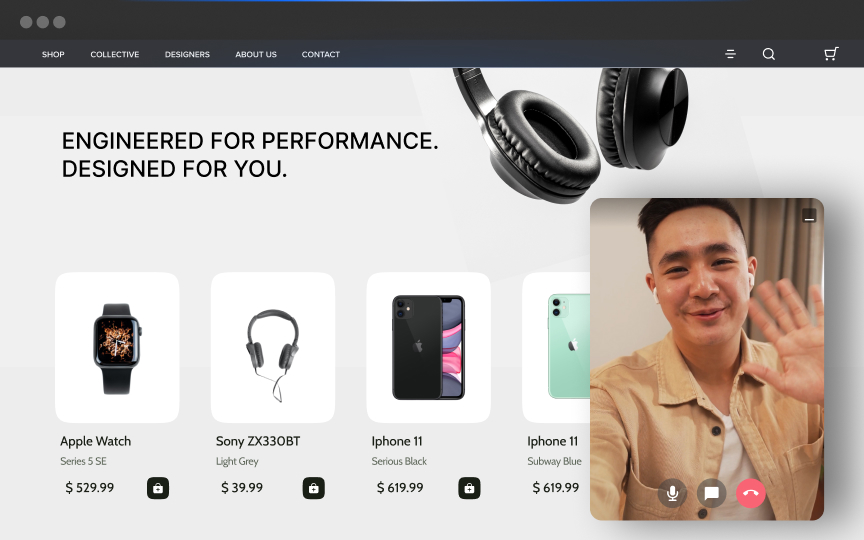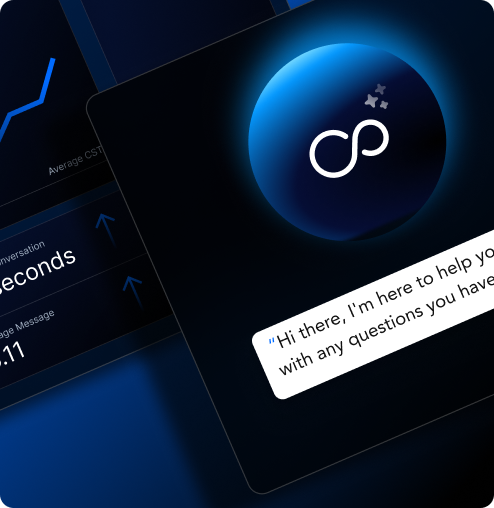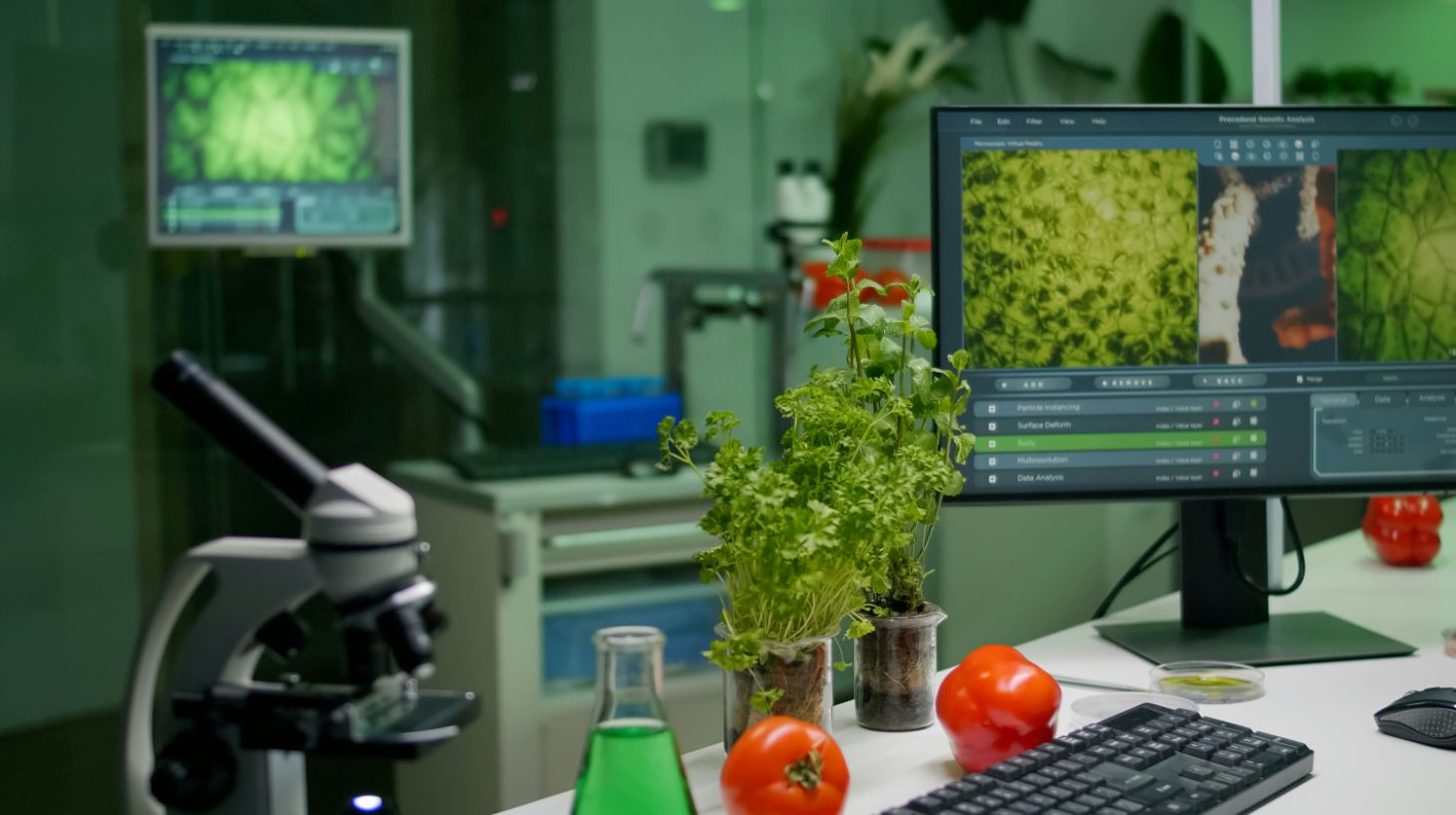The food and beverage industry faces critical challenges in efficiency, personalization, and innovation. AI offers powerful solutions to these specific problems. With 36% of global consumers now interested in AI assistants for food creation, companies are implementing AI to optimize supply chains, create personalized consumer experiences, and accelerate product development, delivering measurable improvements in waste reduction, customer engagement, and market responsiveness.
The Operational Impact of AI in the Food and Beverage Industry
AI is transforming operations across the food and beverage industry, driving efficiency, reducing waste, and enhancing food safety through applications in supply chain optimization and predictive analytics.
AI-Driven Supply Chain Optimization
AI is reshaping supply chain management with real-time monitoring and better product tracking. Advanced AI "control towers" now give complete visibility across entire supply chains.
Kraft Heinz demonstrates this with their Lighthouse system that watches their whole supply chain and predicts what might affect product delivery. According to a company spokesperson, "The technology has significantly improved demand and production forecast accuracy, including improving end-to-end supply chain performance by boosting our sales forecast accuracy and inventory forecast accuracy and by reducing reaction time."
Computer vision systems show real-time inventory levels, helping companies keep optimal stock while cutting waste. Digital twins create virtual copies of physical supply chains, letting companies test different scenarios and spot potential problems before they happen.
Cloud-based AI solutions provide real-time visibility across the entire supply chain, making collaboration and data-driven insights easier for more responsive distribution.
The benefits include:
- Improved operational efficiency
- Reduced waste
- Enhanced food safety through better traceability
- Increased supply chain transparency
Predictive Analytics for Budgeting and Forecasting
AI-powered predictive analytics are slashing food waste and improving demand forecasting. By analyzing past sales, weather patterns, consumer trends, and promotional calendars, AI systems predict demand with remarkable accuracy.
A case study from the Pacific Coast Collaborative shows the impact of AI-driven forecasting. Two national grocery chains tested AI solutions from Shelf Engine and Afresh, achieving a 14.8% average reduction in food waste per store. These tests showed real gains in profits, sales, and labor efficiency in just eight weeks.
If used across the sector, these AI solutions could prevent nearly a million tons of food waste annually, with an estimated $2 billion in financial benefits.
IBM's Watson uses AI to predict how long produce will stay fresh, enabling better stock rotation and reducing expired inventory. During pilot programs alone, 26,705 tons of CO₂e emissions from landfills were prevented.
Enhancing Consumer Engagement Through AI
AI is revolutionizing how food and beverage brands connect with consumers, creating personalized experiences and data-driven marketing that feels relevant and targeted.
Personalized Marketing Strategies
AI transforms food and beverage marketing through personalization at scale. Smart tools analyze data from social media, customer reviews, and purchase histories to uncover consumer insights and spot trends. This method lets brands segment audiences precisely based on behavior, demographics, and psychographics.
With these insights, companies customize marketing messages, product recommendations, and promotions in real time. Some brands have seen a 20% increase in open and conversion rates for AI-driven email campaigns.
AI-powered solutions enhance the customer experience in several ways:
- Interactive shopping experiences: Digital showrooms allow customers to explore products virtually
- Virtual consultations: One-to-one virtual shopping creates personalized experiences
- Shoppable content: Video commerce turns passive content into interactive purchase opportunities
- AI virtual assistants: Solutions like AVA can handle customer questions and recommend products 24/7
These technologies reduce customer service time by up to 80% while creating deeper consumer connections through personalized interactions.
Innovating Product Offerings
AI drives product innovation aligned with consumer trends toward health, sustainability, and new experiences. AI systems analyze ingredient libraries, consumer feedback, and trend data to suggest new flavor combinations and innovative products.
Major brands using this capability include:
- Mondelez uses machine learning to enhance flavor development for brands like Oreo and Chips Ahoy, improving attributes such as buttery texture, saltiness, and vanilla intensity.
- PepsiCo has employed generative AI to create new snack flavors, including Cheetos Crunchy Flamin' Hot Pickle, a flavor identified through AI-driven insights into trending taste profiles.
- Beck's pioneered one of the world's first autonomously AI-created beers, where AI designed the recipe, branding, packaging, and marketing communication.
These AI-driven innovations help food and beverage companies bring products to market faster while ensuring they meet evolving consumer demands for healthier, more sustainable, and personalized options.
Case Studies of AI Impacting the Food and Beverage Industry
The food and beverage industry is witnessing a transformative shift as companies leverage AI technologies to optimize operations, enhance consumer experiences, and drive innovation.
Kraft Heinz: AI-Powered Supply Chain Management
Kraft Heinz has developed an in-house ecosystem that uses AI-powered real-time data and automation to transform its supply chain operations. Central to this system is “Lighthouse,” the company’s digital control tower, which provides end-to-end visibility and uses AI to anticipate disruptions and optimize product delivery.
A spokesperson for Kraft Heinz reports, "The technology has significantly improved demand and production forecast accuracy, including improving end-to-end supply chain performance by boosting our sales forecast accuracy and inventory forecast accuracy and by reducing reaction time."
This AI-driven approach has enabled Kraft Heinz to enhance visibility across the entire supply chain, improve demand forecasting accuracy, optimize inventory management, and reduce reaction time to potential disruptions.
Mondelez International: AI-Driven Flavor Innovation
Mondelez International has harnessed machine learning to accelerate and enhance flavor development for iconic brands including Oreo and Chips Ahoy. Their AI-driven process has significantly improved sensory attributes such as buttery texture, saltiness, and vanilla intensity.
In a recent project, Mondelez used AI to create an international variant of Oreo, saving months of sensory panel testing and prototyping. This process shortened the product development cycle and enabled the company to quickly adapt to evolving consumer tastes in different markets.
Beck's Autonomous Beer: AI from Concept to Consumer
Beck's created one of the world's first autonomously AI-created beers. This innovative project, "Beck's Autonomous," utilized AI for recipe formulation, branding design, packaging creation, and marketing strategy.
The AI system analyzed trending taste data and sustainability factors to select the beer's flavor profile, ensuring both novelty and resource efficiency. This case demonstrates how AI is driving innovation while addressing consumer demands for sustainability and unique experiences.
Overcoming Challenges in AI Integration
While AI offers tremendous potential for the food and beverage industry, its implementation comes with significant challenges that companies must navigate carefully.
AI adoption faces several key obstacles that need strategic approaches:
Data Management and Security
Many food and beverage companies lack sufficient quality data to effectively train AI systems. Unlike tech giants, these businesses often rely on manual processes and have fragmented operations across supply chains.
To address these challenges, companies should:
- Implement systematic data collection across all business operations
- Standardize data formats and collection methods
- Create centralized data repositories
- Leverage IoT devices to automate data collection in production facilities
Security risks increase as companies collect and analyze vast datasets. Cybersecurity risks can emerge from insufficient encryption protocols, weak authentication systems, and inadequate network security.
Privacy Concerns
When collecting information to enhance services and develop loyalty programs, companies become responsible for protecting sensitive data such as personal dietary preferences, payment information, and consumer behavior analytics.
To address privacy concerns, businesses should incorporate privacy considerations from the beginning of AI system development, implement data minimization principles, provide clear consent mechanisms, and offer options for customers to control their data.
Expertise Gap
Another significant challenge is the shortage of skilled professionals with relevant industry backgrounds. The expertise gap includes data scientists familiar with food and beverage operations, AI specialists with domain knowledge, and IT staff capable of managing advanced systems.
Strategic Alignment of AI Initiatives
For AI to deliver maximum value, implementations must align with broader business objectives. This strategic alignment ensures that AI serves as a business tool rather than merely a technological novelty.
Food and beverage companies should take the following steps to effectively align AI with their business goals:
- Conduct a comprehensive data assessment to identify gaps and opportunities in the existing data infrastructure
- Develop a strategic roadmap for AI implementation with privacy and security as foundational elements
- Form cross-functional teams bringing together expertise from operations, IT, legal, and security departments
- Establish clear data governance policies defining how data is collected, stored, used, and protected
- Consider phased implementation to manage complexity and control costs
By aligning AI initiatives with long-term objectives, food and beverage companies ensure these technologies support their broader business vision rather than becoming isolated technical projects. This strategic approach maximizes AI investment value and positions companies for sustainable growth in an increasingly digital marketplace.
AI is Reshaping the Food and Beverage Industry
AI is creating a new era in the food and beverage industry, transforming supply chains, personalizing consumer experiences, and driving product innovation focused on health and sustainability.
AI-powered analytics are changing inventory management and demand forecasting, cutting food waste, and boosting efficiency. Companies like Kraft Heinz have built AI systems that monitor entire supply chains, improving forecast accuracy and speeding up responses to market changes.
For consumers, AI makes marketing personal. Brands create tailored campaigns using AI-driven insights to predict trends and generate dynamic content. This extends to product development, with companies using AI to speed up flavor creation and identify innovative concepts that match changing consumer preferences.
Technology and consumer-focused innovation intersect to shape the future of food and beverage. By strategically implementing AI, companies can build sustainable operations, deliver personalized experiences, and create products that anticipate consumer needs, shaping a more efficient, responsive, and sustainable industry.
Unlock Exclusive Insights
By submitting this form, you agree to Firework's privacy policy and consent to receive personalized marketing communications. You can unsubscribe at any time.
